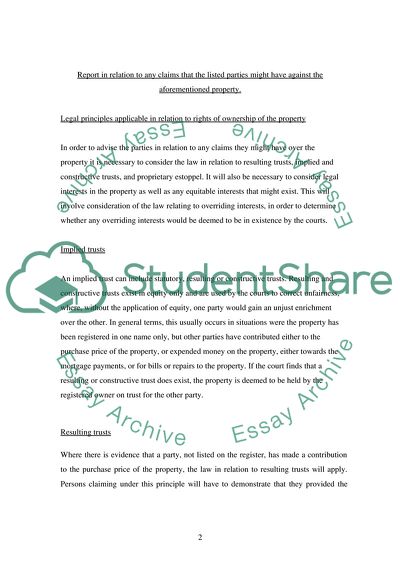Cite this document
(The Law of Property Assignment Example | Topics and Well Written Essays - 2250 words - 1, n.d.)
The Law of Property Assignment Example | Topics and Well Written Essays - 2250 words - 1. https://studentshare.org/law/1732281-property-law
The Law of Property Assignment Example | Topics and Well Written Essays - 2250 words - 1. https://studentshare.org/law/1732281-property-law
(The Law of Property Assignment Example | Topics and Well Written Essays - 2250 Words - 1)
The Law of Property Assignment Example | Topics and Well Written Essays - 2250 Words - 1. https://studentshare.org/law/1732281-property-law.
The Law of Property Assignment Example | Topics and Well Written Essays - 2250 Words - 1. https://studentshare.org/law/1732281-property-law.
“The Law of Property Assignment Example | Topics and Well Written Essays - 2250 Words - 1”. https://studentshare.org/law/1732281-property-law.


